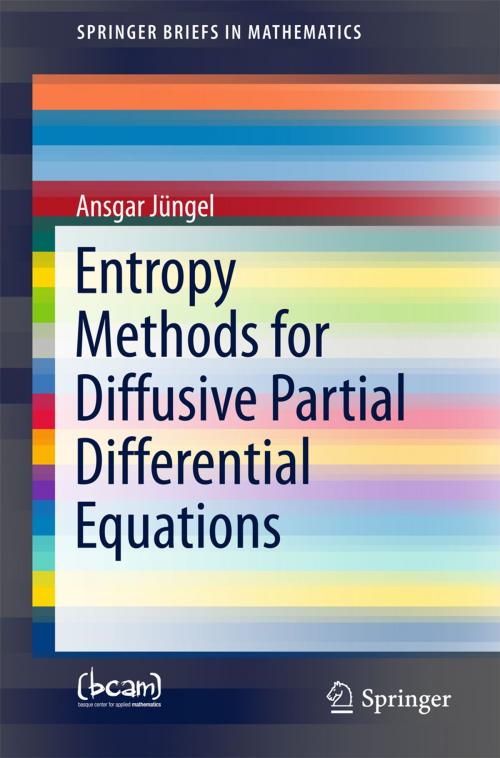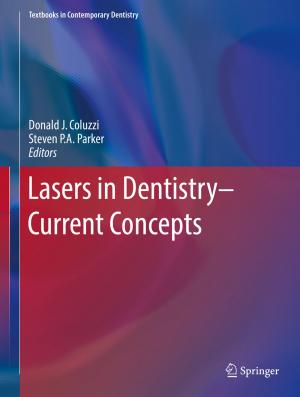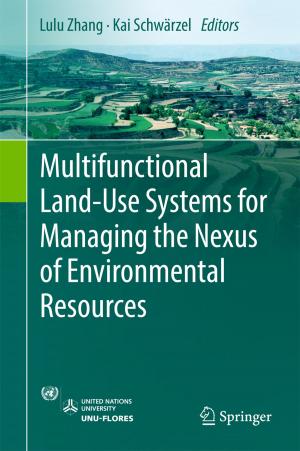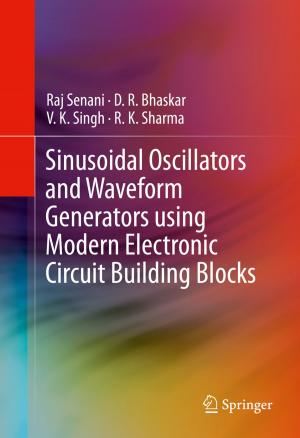Entropy Methods for Diffusive Partial Differential Equations
Nonfiction, Science & Nature, Mathematics, Functional Analysis, Differential Equations| Author: | Ansgar Jüngel | ISBN: | 9783319342191 |
| Publisher: | Springer International Publishing | Publication: | June 17, 2016 |
| Imprint: | Springer | Language: | English |
| Author: | Ansgar Jüngel |
| ISBN: | 9783319342191 |
| Publisher: | Springer International Publishing |
| Publication: | June 17, 2016 |
| Imprint: | Springer |
| Language: | English |
This book presents a range of entropy methods for diffusive PDEs devised by many researchers in the course of the past few decades, which allow us to understand the qualitative behavior of solutions to diffusive equations (and Markov diffusion processes). Applications include the large-time asymptotics of solutions, the derivation of convex Sobolev inequalities, the existence and uniqueness of weak solutions, and the analysis of discrete and geometric structures of the PDEs. The purpose of the book is to provide readers an introduction to selected entropy methods that can be found in the research literature. In order to highlight the core concepts, the results are not stated in the widest generality and most of the arguments are only formal (in the sense that the functional setting is not specified or sufficient regularity is supposed). The text is also suitable for advanced master and PhD students and could serve as a textbook for special courses and seminars.
This book presents a range of entropy methods for diffusive PDEs devised by many researchers in the course of the past few decades, which allow us to understand the qualitative behavior of solutions to diffusive equations (and Markov diffusion processes). Applications include the large-time asymptotics of solutions, the derivation of convex Sobolev inequalities, the existence and uniqueness of weak solutions, and the analysis of discrete and geometric structures of the PDEs. The purpose of the book is to provide readers an introduction to selected entropy methods that can be found in the research literature. In order to highlight the core concepts, the results are not stated in the widest generality and most of the arguments are only formal (in the sense that the functional setting is not specified or sufficient regularity is supposed). The text is also suitable for advanced master and PhD students and could serve as a textbook for special courses and seminars.















